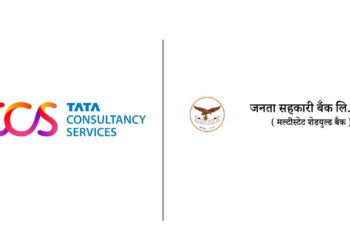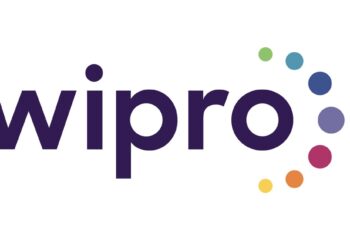A vast majority of game developers are already using artificial intelligence (AI) to enhance their workflow, according to a new survey published by Google Cloud at the devcom 2025 conference.
The study, conducted with The Harris Poll, found that 90 per cent of developers have incorporated generative AI into their workflows. This highlights how rapidly technology has become integrated into the gaming industry. The poll drew on responses from 615 developers across the United States, South Korea, Norway, Finland, and Sweden.
Widespread adoption across functions
While the most common use cases remain practical, such as automating repetitive tasks, playtesting and localisation, developers are also deploying AI in more creative domains. These include level design, animation, dialogue generation and gameplay balancing, areas previously considered too nuanced for automation.
Google Cloud report shows that 95 percent of respondents are already using AI to streamline time-consuming tasks, while over a third have applied the technology to design or narrative experimentation.
Rising expectations from game players
The survey also suggested that AI is reshaping how players perceive games. Almost nine in ten developers said they believe the technology is driving new expectations, such as more dynamic, “living” game worlds and non-player characters capable of responding intelligently to individual behaviour.
Opportunities and risks
Developers see opportunities for smaller studios in particular. Approximately 29 percent of respondents stated that generative AI could help level the playing field by reducing costs and shortening production cycles.
However, concerns remain. Respondents highlighted issues including data ownership (63 per cent), intellectual property risks (32 per cent) and player privacy (35 per cent). The cost of integration and the need to retrain staff were also cited as barriers to broader adoption.
The research reflects a moment of rapid transition for the sector. AI is now being applied not only to improve efficiency but also to drive the next wave of game innovation. At the same time, questions around governance, ethics and creative integrity continue to hang over its use.
For studios, the challenge will be to balance the technology’s potential to transform production with the regulatory and reputational risks it brings.























